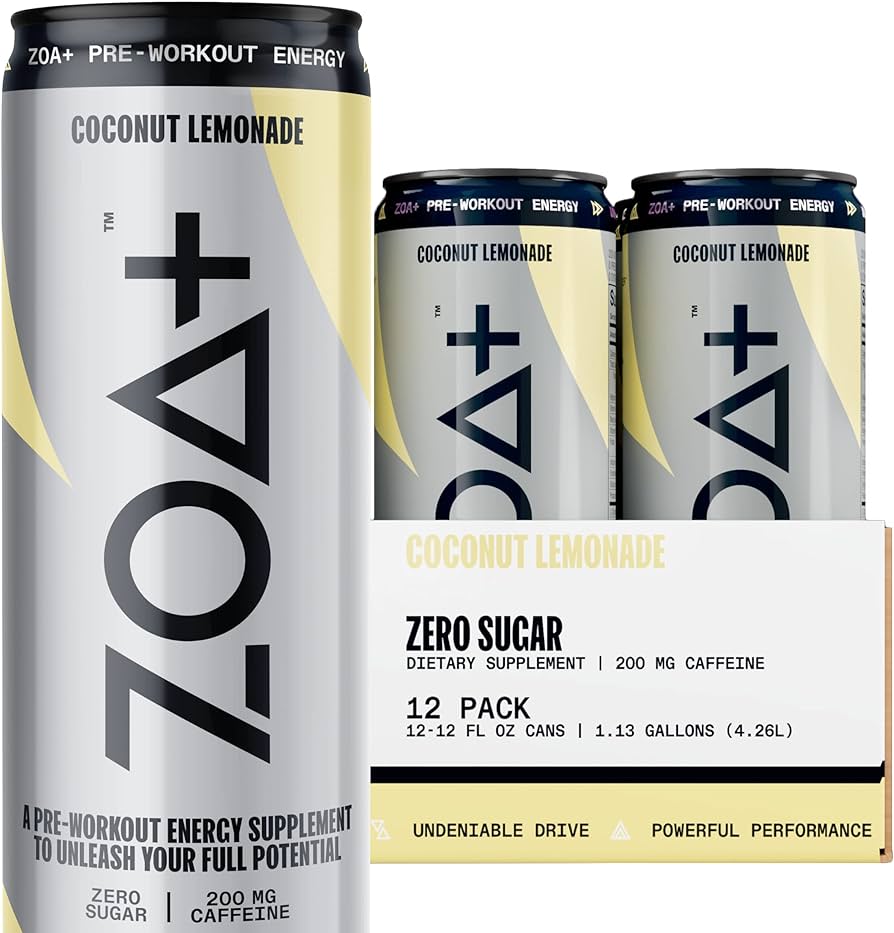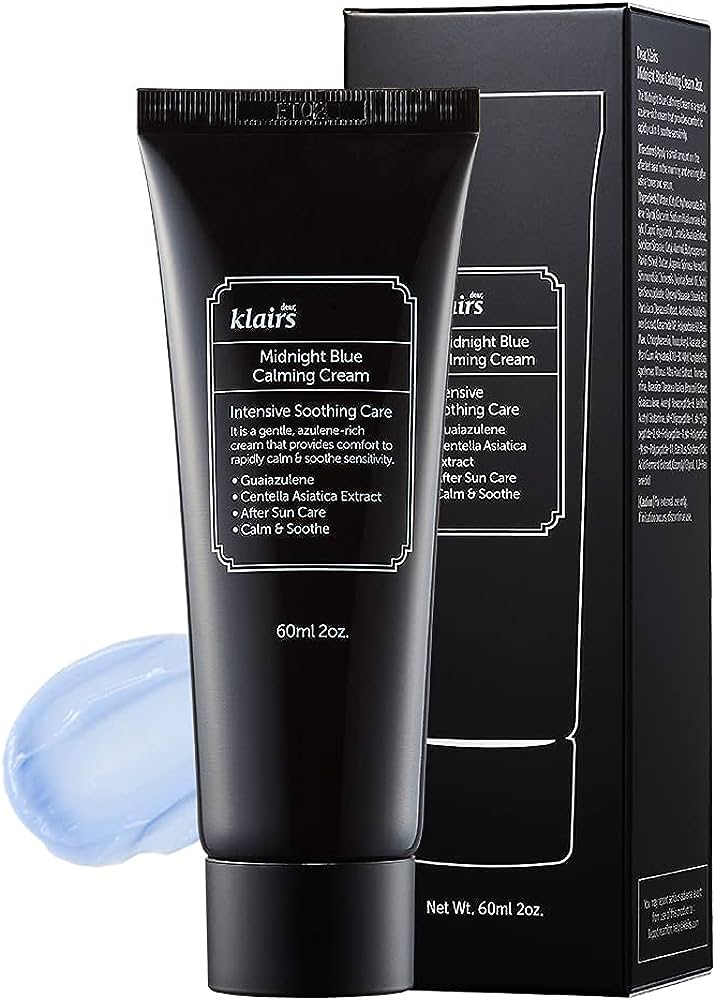The Ketogenic Diet can enhance athletic performance by promoting fat adaptation and improving endurance and recovery. This low-carbohydrate, high-fat diet shifts the body’s fuel source from carbohydrates to fat, resulting in improved metabolic efficiency and the ability to sustain energy levels for longer periods of time.
The diet has gained popularity among athletes, particularly those involved in long-distance running, cycling, and endurance sports. By following a well-formulated ketogenic diet, athletes may experience enhanced fat-burning, reduced reliance on carbohydrates, and improved overall performance. In addition, the diet has been shown to reduce inflammation and oxidative stress, leading to faster recovery times and reduced risk of injuries.
While individual responses to the diet may vary, the ketogenic diet holds promise for optimizing athletic performance.
Benefits Of Ketogenic Diet For Athletes
The ketogenic diet offers numerous benefits for athletes, including improved endurance and stamina. By restricting carbohydrate intake, athletes can enhance the utilization of fat for energy during training and competition. This metabolic shift allows the body to tap into its fat stores more efficiently, providing a sustained source of energy.
Furthermore, following a ketogenic diet can lead to increased mental focus and clarity for athletes. By stabilizing blood sugar levels and reducing fluctuations, athletes can experience improved cognitive function, allowing them to stay sharp and focused during intense physical activity.
Overall, the ketogenic diet can be a valuable tool for athletes looking to optimize their performance and achieve their goals.
How The Ketogenic Diet Works For Athletic Performance
The ketogenic diet works by transitioning the body into a state of ketosis, where it relies on fat for fuel instead of carbohydrates. By tracking macronutrient ratios, athletes can ensure they are consuming the right amounts of fat, protein, and carbohydrates to support their performance.
This way, they can optimize their energy levels and enhance endurance. In a ketogenic diet, key nutrients to include are healthy fats such as avocado, coconut oil, and nuts, which provide sustained energy. Additionally, it is important to incorporate adequate protein sources like poultry, fish, and eggs to support muscle repair and growth.
Lastly, vegetables low in carbohydrates, such as leafy greens, should be included for important vitamins and minerals. By following a well-planned ketogenic diet, athletes can achieve optimal athletic performance.
Calculating Macronutrient Ratios
A key aspect of a ketogenic diet for enhancing athletic performance is calculating the macronutrient ratios. This involves determining the optimal protein intake, which ensures the body has an adequate supply of amino acids for muscle repair and growth. Another crucial aspect is limiting carbohydrate consumption, as this forces the body to rely on fats for fuel, resulting in improved fat burning and endurance.
Additionally, increasing healthy fat consumption is essential as it provides the necessary energy for strenuous workouts and supports brain function. By carefully calculating macronutrient ratios, athletes can optimize their performance and achieve their fitness goals.
Meal Ideas And Sample Menus
The ketogenic diet can significantly enhance athletic performance, providing sustained energy and efficient fat-burning. Pre-workout meals and snacks that are low in carbs but high in healthy fats are ideal for optimizing performance. Nourish your body with options like avocado bacon lettuce wraps or almond butter celery sticks.
After your workout, focus on promoting recovery with post-workout meals. Consider a protein-rich meal of grilled chicken with roasted vegetables and a side of avocado. For breakfast, start your day with a delicious omelet packed with spinach, mushrooms, and cheese.
At lunch, enjoy a hearty salad with mixed greens, grilled salmon, and olive oil dressing. For dinner, savor a flavorful steak with asparagus and buttered cauliflower mash. By following these meal ideas and sample menus, athletes can experience the benefits of the ketogenic diet while maintaining optimal performance levels.
Electrolyte Supplementation
Electrolyte supplementation is crucial for maintaining proper balance in the body during ketosis. When following a ketogenic diet for athletic performance, it is important to ensure that electrolyte levels are adequately replenished. Sodium, potassium, and magnesium are three key electrolytes that are often depleted during ketosis.
To prevent fatigue, muscle cramps, and other symptoms, athletes can benefit from taking electrolyte supplements. These supplements help restore electrolyte balance and support optimal physical performance. Some recommended electrolyte supplements include electrolyte powders, tablets, and electrolyte-enhanced sports drinks. By incorporating these supplements into their routine, athletes can enhance their endurance, reduce muscle fatigue, and improve overall athletic performance.
It is essential for athletes to prioritize electrolyte balance to support their bodies during intense training and competitions on a ketogenic diet.
Other Essential Supplements
Omega-3 fatty acids play a crucial role in athletic performance, aiding in reducing inflammation and promoting recovery. Exogenous ketones can enhance endurance and provide a quick source of energy during workouts. Branched-chain amino acids (BCAAs) help in muscle repair and can prevent muscle breakdown.
These essential supplements can further optimize the benefits of a ketogenic diet for athletes. Omega-3 fatty acids, in particular, are known for their anti-inflammatory properties which can be beneficial for athletes who often experience inflammation after intense training sessions. Exogenous ketones and BCAAs can support energy levels and muscle repair, allowing athletes to perform at their best.
When combined with a well-structured ketogenic diet, these supplements can provide athletes with the extra edge they need in their training and athletic performance. Maintaining a proper balance of these essential nutrients is vital to achieving optimal results and maximizing athletic potential.
Overcoming The “Keto Flu”
The “keto flu” is a common obstacle for athletes following a ketogenic diet. The symptoms can include fatigue, headache, irritability, and nausea. These symptoms are often caused by the body’s transition from relying on carbohydrates for energy to using fat.
However, there are strategies that can help minimize or even avoid the “keto flu” altogether. One important strategy is to gradually reduce carbohydrate intake instead of abruptly cutting them out. Staying hydrated and replenishing electrolytes is also crucial. Consuming foods rich in magnesium, potassium, and sodium can help.
Adequate rest and sleep are essential, as the body needs time to adjust. Lastly, consider incorporating exercise gradually, allowing the body to adapt to using fat as fuel. By following these strategies, athletes can overcome the “keto flu” and enjoy the many benefits of a ketogenic diet for athletic performance.
Managing Exercise Intensity And Recovery
Regularly adjusting the intensity and volume of your training can optimize your athletic performance while on a ketogenic diet. By carefully managing exercise intensity, you can ensure that you are challenging your body without overtaxing it. Additionally, adjusting the volume of your workouts allows for proper recovery and adaptation.
It’s important to keep in mind that training on a ketogenic diet may require some adjustments, as your body is relying on fat for fuel rather than carbohydrates. Implementing post-workout recovery strategies is crucial to replenish glycogen stores and support muscle repair.
Adequate rest, hydration, and nutrition play key roles in optimizing recovery. Prioritizing proper nutrition, including adequate protein and healthy fats, can help support muscle growth and repair. By diligently managing exercise intensity and implementing effective recovery strategies, you can maximize your athletic performance while following a ketogenic diet.
Monitoring Performance And Health Markers
Monitoring performance and health markers is essential for athletes following a ketogenic diet. Performance metrics to track include energy levels, endurance, strength, and recovery. Regular blood work and check-ups are important for assessing overall health and identifying any potential deficiencies or imbalances.
Keeping an eye on markers such as cholesterol levels, blood sugar, and electrolyte balance can help optimize athletic performance. By regularly monitoring these markers, athletes can make necessary adjustments to their ketogenic diet to enhance performance and maintain optimal health.
It is crucial to work closely with healthcare professionals to interpret the results and make informed decisions about diet and supplementation. Regular monitoring will not only support athletic performance but also contribute to long-term health and well-being.

Credit: www.functionalself.co.uk
Adjusting Macronutrient Ratios And Caloric Intake
Adapting the ketogenic diet for athletic performance requires adjusting macronutrient ratios and caloric intake. This allows athletes to respond to changes in performance or body composition goals based on their specific sport or training phase. Finding the right balance of carbohydrates, proteins, and fats is crucial for optimizing energy levels and enhancing performance.
Athletes may need to modify their macronutrient ratios and caloric intake to support their athletic demands and goals. By fine-tuning these factors, athletes can ensure they have enough fuel for their workouts without compromising ketosis. It’s important to remember that each athlete may have different needs, so personalized adjustments are essential.
Whether it’s endurance sports, strength training, or high-intensity interval workouts, the ketogenic diet can be adapted to fit the requirements of any athlete. By working with a knowledgeable nutritionist or dietitian, athletes can optimize their ketogenic diet for peak performance.
Individual Variability And Personalized Approach
Individuals vary in their response to a ketogenic diet, making a personalized approach essential. Recognizing these differences and seeking professional guidance and monitoring are crucial. It is important to understand that not everyone will experience the same benefits or adaptability to this diet.
Ensuring that the diet is tailored to meet individual needs can optimize athletic performance. Rather than relying on generic recommendations, personalized guidance allows for adjustments based on individual goals, body composition, and activity levels. Regular monitoring is also necessary to track progress and make necessary adjustments to ensure continued success.
A ketogenic diet can be a powerful tool for athletes, but it should be approached with a keen understanding of individual variability and the support of professionals. By taking these factors into consideration, athletes can maximize the benefits of a ketogenic diet and enhance their athletic performance.
Long-Term Sustainability And Balanced Nutrition
The ketogenic diet can be beneficial for athletic performance, but it’s important to ensure long-term sustainability and balanced nutrition. Building a nutrient-rich and varied diet is crucial to meet your body’s needs over time. While the ketogenic diet restricts carbohydrates, occasional intake can help maintain a healthy balance.
By incorporating small amounts of carbs strategically, such as before high-intensity workouts or competitions, athletes can optimize their energy levels and performance. It’s essential to strike a balance between the benefits of ketosis and nutrient adequacy, ensuring that essential vitamins, minerals, and fiber are obtained from non-carbohydrate sources.
Consulting with a registered dietitian can help create a personalized plan that accounts for individual goals and performance demands, ensuring a sustainable and well-rounded approach to the ketogenic diet. Overall, the key is to prioritize nutrient-rich foods and find an individualized balance that supports athletic performance in the long run.
Frequently Asked Questions On Ketogenic Diet For Athletic Performance
Is Keto Good For Athletic Performance?
Yes, the keto diet can be beneficial for athletic performance due to its ability to promote fat-burning and provide sustained energy.
Why Keto Is Good For Athletes?
Keto is good for athletes as it helps improve endurance, burn fat for energy, and boost cognitive function.
Is the Keto Diet Good For Endurance Athletes?
The keto diet may not be suitable for endurance athletes due to limited carbohydrate availability, which is important for sustained exercise performance.
Conclusion
The ketogenic diet has been shown to have numerous benefits for athletes looking to improve their performance. By shifting the body’s fuel source from carbohydrates to fat, athletes can tap into a more efficient and sustainable energy source. This can lead to improved endurance, better fat-burning capabilities, and enhanced mental clarity.
Additionally, the ketogenic diet promotes faster recovery and reduces inflammation, allowing athletes to train harder and more frequently. However, it is important to note that the ketogenic diet may not be suitable for everyone and it is essential to consult with a healthcare professional or nutritionist before making any major dietary changes.
Overall, the ketogenic diet can be a powerful tool for athletes looking to optimize their performance and reach their full potential. So, whether you’re a marathon runner or a weightlifter, consider giving the ketogenic diet a try and experience the benefits for yourself.
Your athletic performance may just reach new heights.



